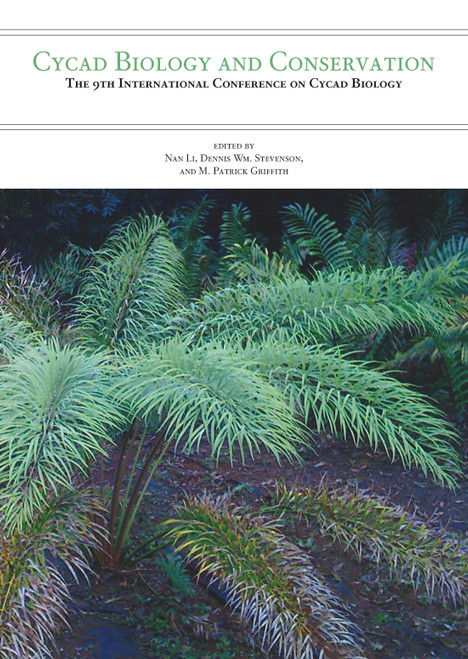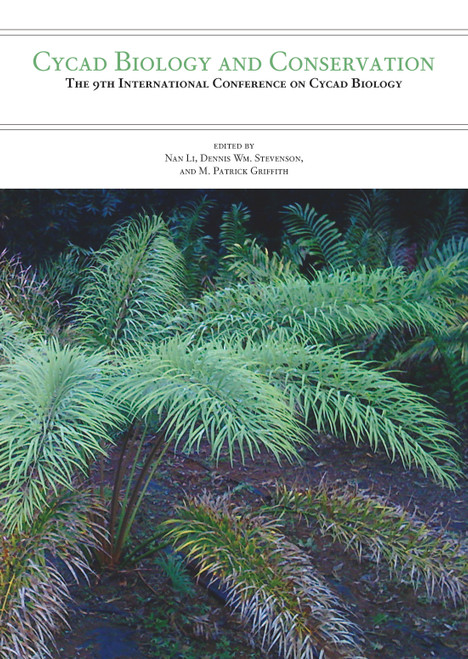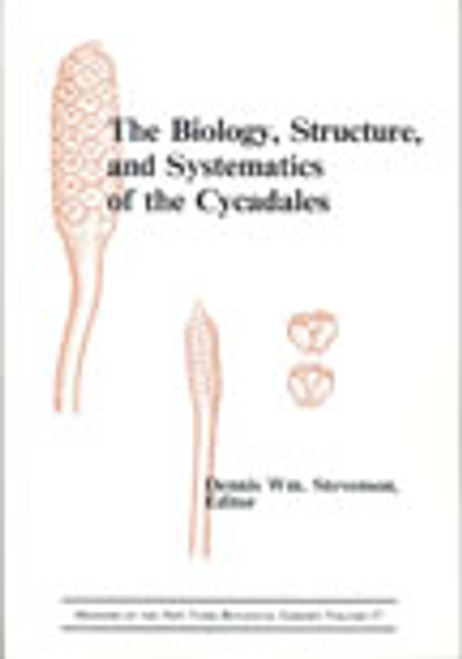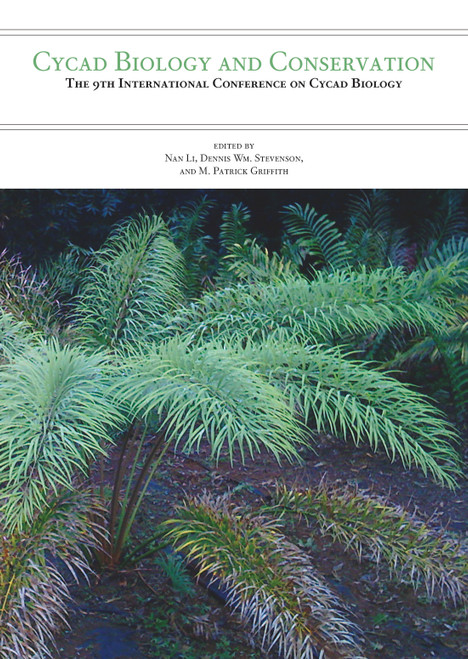This purchase only includes chapter 25 of this title.
Abstract
Seed germination of hand pollinated cones of Encephalartos latifrons cultivated at Kirstenbosch National Botanical Garden (KNBG) is typically < 10%. Such low germination impacts on conservation programmes for this Critically Endangered cycad and warrants further investigation. In this study, we investigated pollen viability, pollination in relation to periods of droplet formation on the micropyle, and the daily heating cycles of both pollen and ovule cones. The same analyses were carried out on Encephalartos altensteinii, a more common species with comparatively high levels of seed germination (> 70%). Results show that pollen viability for E. latifrons was in the same range as E. altensteinii and does not appear to influence seed germination. Diurnal heating cycles of ovulate cones in E. altensteinii were observed to be in synchrony with the period of pollen droplet formation. Studies of E. latifrons showed low occurrence of pollen droplets, which could influence the success of hand pollination and therefore affect seed viability.
Keywords: Kirstenbosch, Encephalartos, pollen, thermogenesis, pollen droplets











